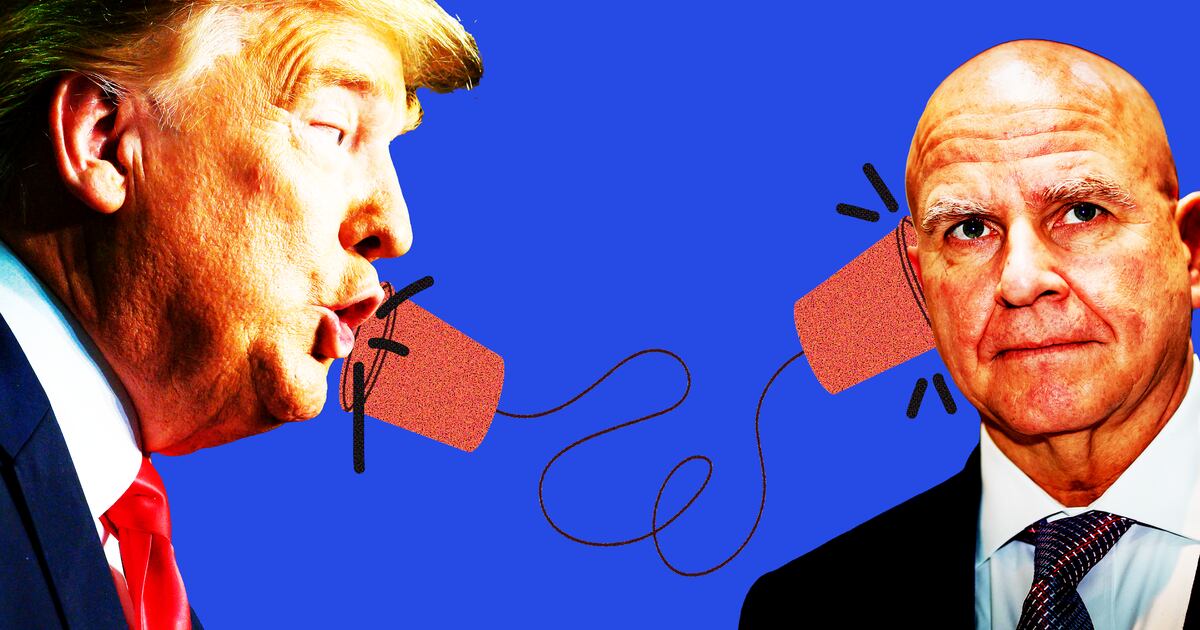Now that the end of Breaking Bad is finally in sight—only five episodes left—it seems like an appropriate time to start asking the big question.

We can all agree—and by “we" I mean “sane human beings with even the slightest modicum of taste”—that Vince Gilligan's potboiling meth saga is a great show. In fact, it's probably the finest series on television right now.
But is it one of the Greatest Shows Ever?
The question occurred to me Sunday night as the credits rolled on the third episode of the final half-season. The previous 54 minutes of high drama seemed like a particularly vivid illustration of what makes Breaking Bad so great—and, at the same time, what may ultimately prevent it from ranking among the Greatest Ever.
The title of the episode was "Confessions," and with good reason. Walter White (Bryan Cranston) confessed to his son, Walt, Jr. (RJ Mitte), that his cancer had returned; Hank Schrader (Dean Norris) offered Jesse Pinkman (Aaron Paul) immunity in exchange for confessing that he was Heisenberg's sidekick, which Jesse refused to do.
But at the heart of the episode was a pair grander confessions: the one that Walt slid to Hank, in DVD, across the table of the local Mexican restaurant, and the one that a bloody Saul Goodman (Bob Odenkirk) coughed up, at gunpoint, to a very unhappy Jesse Pinkman. The latter confession was Breaking Bad at its best. In Season 4, Walt tricked Jesse into thinking that meth kingpin Guatavo Fring (Giancarlo Esposito) had poisoned his girlfriend's son Brock by having Saul's bodyguard swipe a ricin-laced cigarette from Jesse's pocket, when really it was Walt who dosed the boy; on Sunday, the bodyguard repeated the maneuver with Jesse's pot and Jesse suddenly realized how Walt had deceived him. The epiphany, which Saul confirmed, triggered a crescendo of rage from Jesse, who'd spent the previous two episodes in a coma of despair, and set in motion a plotline that I've always suspected would dominate the denouement of the series: Walt vs. Jesse, father vs. son, the fallen vs. the redeemed.
As the awakened, adrenalized Jesse Pinkman, Aaron Paul was perfect—as visceral and transparent as ever—but scarier all of a sudden, and believably so. Breaking Bad does moments like this, moments in which the consequences of one person's actions unleash emotions in another person that send the story careening off in a thrilling new direction, moments in which plot follows character, better than any show I can think of.
But with Walt's confession to Hank, Gilligan and Co. were on shakier ground. At first blush, Walt's idea seemed pretty brilliant. Hank doesn't have any real evidence, but still he won't back off. So why not reveal in a faux-confession that I, Walter White, was just a lowly, cancer-stricken cook forced into servitude by the real Heisenberg—Hank Schrader himself? Why not frame Hank for all of Heisenberg's crimes? At the very least, it will keep Hank—who unwittingly accepted $177,000 from the Whites for his medical treatment after being shot—from getting the rest of the DEA involved. After all, what's more believable: that a high-school chemistry teacher was cooking meth and his paid-off, drug cop brother-in-law didn't know, or that he did?
So far, Hank seems to think the DEA will buy into Walt's confession; when he finds out about the $177,000, he tells his wife Marie that it's “the last nail in our coffin.” But this doesn't feel quite right to me. Hank now has Walt on tape admitting he cooked meth. Walt says at the beginning of the clip that “if you're seeing this... I'm probably dead… murdered by my brother-in-law.” But he isn't dead. He's still alive. Can't Hank just take the DVD to the station, show it to his colleagues, and tell them the truth? Here's Heisenberg. He's threatening me. And I didn't even know about the $177,000 until yesterday. It might take some explaining to convince the rest of the team, but I find it hard to believe that the Hank we've come to know over five seasons would actually believe his hands were tied here.
And that, I think, is the reason Breaking Bad might not, in the end, ascend to the tippy-top of television's Mount Olympus: because for every five wonderful moments in which plot follows character, there's one irksome moment in which character follows plot. Where someone does something that doesn't seem as real as the rest of the show just to keep the story ripping along. Where you can see and hear the narrative gears turning. Jesse coming up with the scheme to siphon methylamine from a moving train while sipping out of a straw, for example, or Landry from Friday Night Lights shooting a child, and then executing an entire drug ring. And so on.
Unlike, say, The Wire, Breaking Bad isn't about the real world, per se. It's about the emotional reality of a good man becoming a bad man, and the reality of how his descent affects everyone around him. So plausibility doesn't always matter—except when it's the characters who suddenly seem implausible. The great achievement of the show is that it is able to tell Walter White's story as a page-turner, with all of the improbable plot twists that entails, and to still make it feel real. But from time to time—like Sunday night—Breaking Bad's careful balance between character and plot is upset, and it's hard, in those brief moments, not to think that the show would be a little bit better if a few of its twists weren't quite so “good.”






